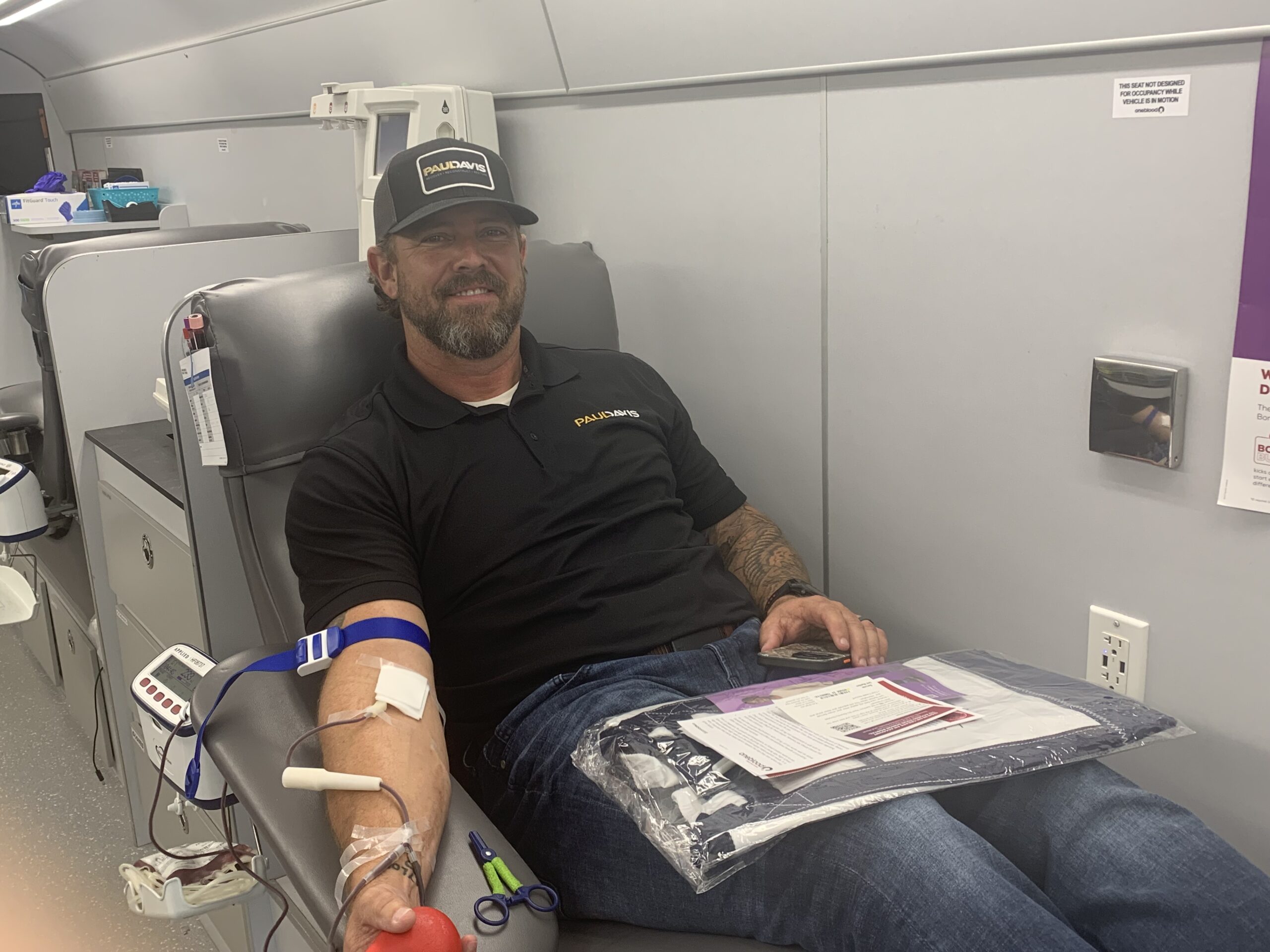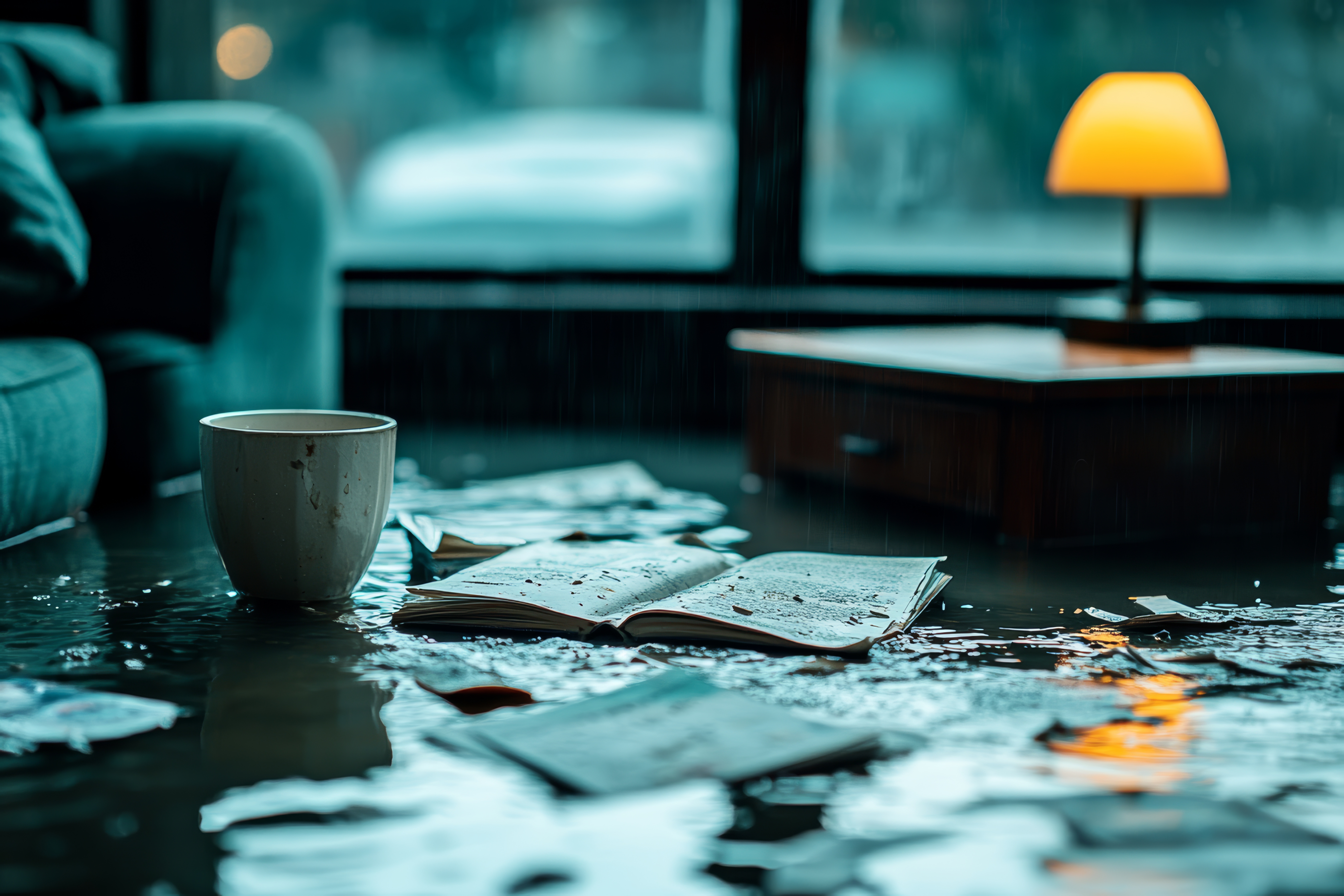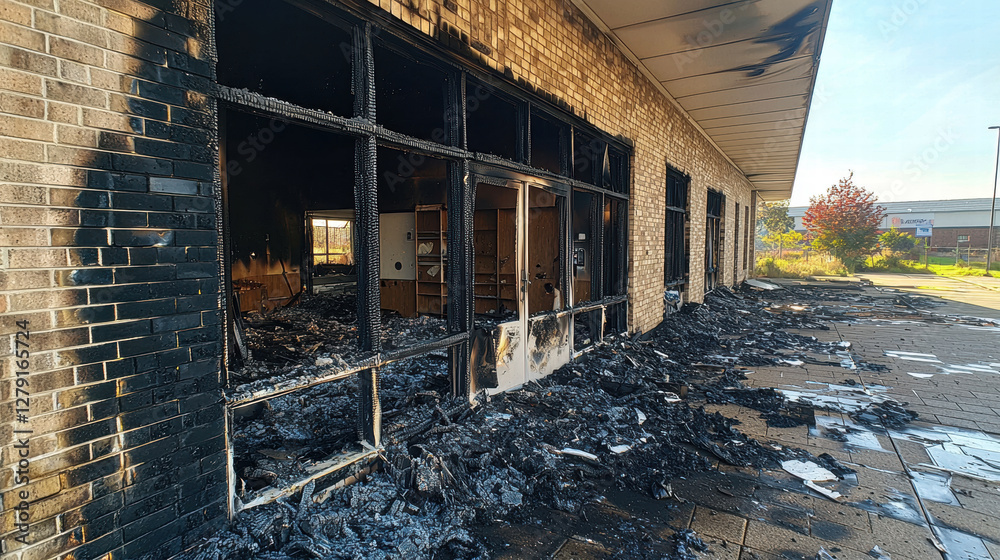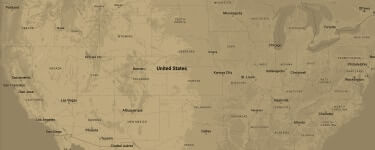Black mold: these words provoke fear and anxiety for homeowners, but they shouldn’t. Knowing more about black mold helps you discern when you have a problem, how to battle it if necessary, and ultimately sleep well at night in a healthy home.
While black mold is less common than other mold species, it’s not rare. Many people believe black mold automatically causes big problems—but that’s not always the case. “Black molds are from the species Stachybotrys chartarum and can usually be found growing on and consuming materials such as wood and cardboard, which are made from the cell walls of green plants,” says Leslie Anderson, Paul Davis Corporate Vice President. “These molds aren’t themselves toxic, but can produce more mycotoxins than most other types of mold.”
Mycotoxins can produce symptoms in humans like dizziness, fatigue, hives, and even asthma, but it’s the mycotoxins causing those symptoms—not black mold itself. According to science, there’s a lot more that prompts black mold to produce mycotoxins than simply a good source of food and a dark, damp space. So if you suspect black mold in your home or building, there’s no reason to panic, thinking that what you see is sure to make you and your family ill.
Patches of this pungent, black, downy growth do need to be removed, however, by qualified cleanup services like Paul Davis. Any mold, even blue/green species like penicillium, is unsightly. Further, molds can cause familiar allergy-like symptoms such as runny nose, itchy eyes, and respiratory troubles that many experience from irritants like pollen. Trained technicians can assess the danger of the mold and use specific processes to remove it safely and prevent its return. Because these fungi easily thrive anyplace in your home where moisture persists, professionals can inspect hidden areas inside walls and under carpets, looking for dampness and addressing sources of water damage. Ultimately, the best defense against mold is prevention.
The most important thing to remember is that nearly all of our planet’s 200,000 species of mold – which are really a specific type of fungi that grows by forming thread-like, multi-celled filaments – aren’t dangerous to humans. Found in a rainbow of colors, they are earth’s most important recyclers and yield some items we’re particularly fond of, such as yeast, truffles, and mushrooms. Yes, these hardy little fungi are found anywhere that has moisture and oxygen, and even some places where those things are scarce: the International Space Station battled mold two years ago.











